Graduate Scholarships
UConn Early College Experience offers two scholarships each semester — Fall, Spring, and Summer — to teachers who are interested in UConn ECE certification but are missing a required course. The scholarship allows interested teachers to take graduate courses or necessary undergraduate courses in their content areas to become more qualified candidates for certification. Courses are approved by UConn ECE Faculty Coordinators and can be taken at any area college or university and at some online institutions.
Applicants must have gone through the UConn ECE Instructor Certification process and have been recommended by the Faculty Coordinator to complete graduate coursework in order to get fully certified. Applicants are responsible for seeking approval for chosen course(s) from the Faculty Coordinator before applying for the scholarship.
Application priority deadlines:
July 1 for Fall semester
November 1 for Spring semester
April 15 for Summer intersession
To guarantee consideration for a UConn ECE Graduate Scholarship, applications must be submitted by the priority deadlines posted above. Applications submitted after the deadlines will be reviewed on a case-by-case basis depending on available funds.

